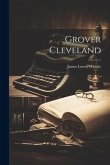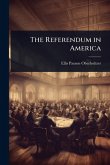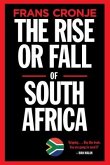"The South African Question" by Olive Schreiner offers a vital historical perspective on the political landscape of the Transvaal during a turbulent period of South African history. Examining the era between 1880 and 1910, Schreiner's work provides insight into the complex political and governmental issues facing the region in the lead-up to and aftermath of the Boer War. This meticulously prepared print edition delves into the heart of colonialism and imperialism in South Africa, exploring the enduring questions surrounding the country's identity and its place within the British Empire. Schreiner's analysis sheds light on the historical context of the conflict, offering valuable insights into the forces shaping South Africa's political destiny. A significant contribution to the study of South African history, this book is essential for anyone interested in understanding the complexities of colonialism, the Boer War, and the enduring legacy of imperialism in the region. A crucial text for students and researchers alike, "The South African Question" remains a relevant and important work for understanding the political history of South Africa. This work has been selected by scholars as being culturally important, and is part of the knowledge base of civilization as we know it. This work is in the public domain in the United States of America, and possibly other nations. Within the United States, you may freely copy and distribute this work, as no entity (individual or corporate) has a copyright on the body of the work. Scholars believe, and we concur, that this work is important enough to be preserved, reproduced, and made generally available to the public. We appreciate your support of the preservation process, and thank you for being an important part of keeping this knowledge alive and relevant.
Bitte wählen Sie Ihr Anliegen aus.
Rechnungen
Retourenschein anfordern
Bestellstatus
Storno









